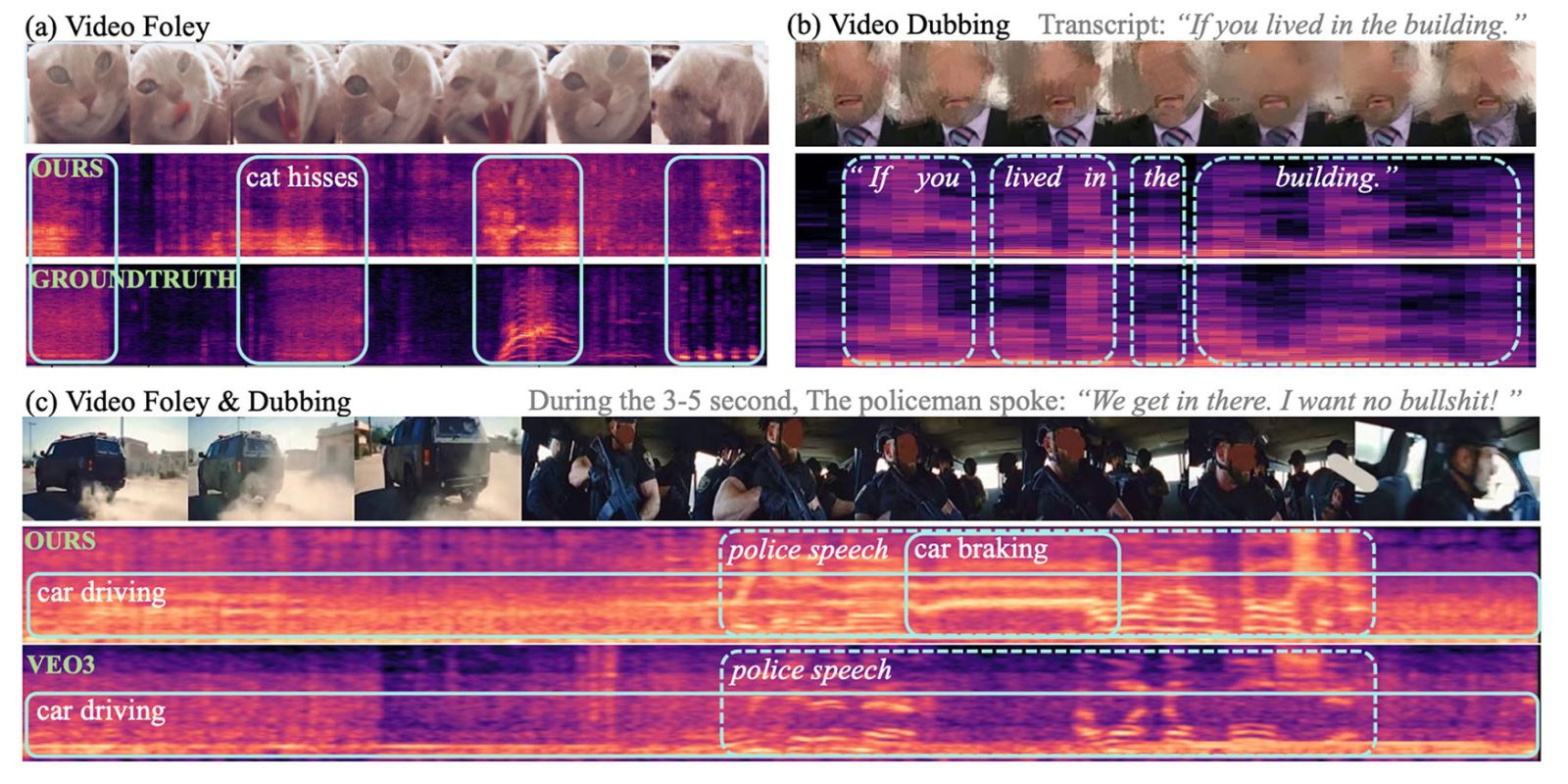
A daily cup of coffee may offer protective benefits against atrial fibrillation (AF), a prevalent heart condition associated with stroke and heart failure. Recent research led by the University of Adelaide and the University of California, San Francisco (UCSF) has unveiled significant findings suggesting that moderate coffee consumption could reduce the risk of this irregular heartbeat.
A clinical trial involving 200 patients diagnosed with AF was conducted across Australia, the United States, and Canada. Participants were randomly assigned to two groups: one group consumed at least one cup of coffee or an espresso shot daily, while the other group abstained from coffee and other caffeinated products. Over six months, researchers monitored these patients, using electrocardiograms to confirm episodes of AF.
Professor Christopher X. Wong, the study’s lead author from the University of Adelaide and the Royal Adelaide Hospital, remarked on the unexpected results: “In contrast to conventional wisdom, we found the coffee drinkers experienced a significant reduction in AF compared to those who avoided coffee and caffeine.” This revelation challenges the long-held belief that coffee exacerbates heart rhythm disorders, a notion that has led many doctors to advise patients with AF to limit their caffeine intake.
The findings of the DECAF (Does Eliminating Coffee Avoid Fibrillation) trial indicate a remarkable 39 percent reduction in the recurrence of AF episodes among the coffee drinkers compared to those who refrained from caffeine. Researchers have proposed several possible explanations for this positive outcome.
“Coffee increases physical activity, which is known to reduce AF. Additionally, caffeine acts as a diuretic, potentially lowering blood pressure and thereby decreasing AF risk,” explained Professor Gregory Marcus, senior author from UCSF’s Division of Cardiology. He added that various compounds found in coffee may possess anti-inflammatory properties that contribute to these health benefits.
AF affects approximately half a million Australians and over 10 million Americans, and its prevalence is expected to rise with an aging population. This condition disrupts the heart’s ability to pump blood effectively, increasing the likelihood of blood clots and strokes. As the number of individuals diagnosed with AF grows, exploring novel methods to mitigate this condition becomes increasingly urgent.
“Given the rising incidence of AF, there is substantial interest in strategies to alleviate the burden of this condition,” stated Professor Marcus. “Our study clarifies the impact of caffeinated coffee on AF patients and should influence the medical guidance provided to patients.”
Coffee remains the most popular caffeinated beverage in Australia, with recent surveys indicating that approximately 75 percent of Australians consume coffee daily. Following these promising results, Professor Wong suggested that “coffee-drinking patients with AF can safely continue to enjoy their coffee. Furthermore, it may be worth investigating whether AF patients who don’t drink coffee should actually consider starting.”
These groundbreaking research findings were published in The Journal of the American Medical Association and received support from the National Health and Medical Research Council, the Hospital Research Foundation, and The Heart Foundation.
In related news, the University of Adelaide and the University of South Australia are collaborating to establish a new major university, Adelaide University, set to open its doors in January 2026. This initiative aims to leverage the strengths and resources of both institutions to enhance research, teaching, and student experiences.
The implications of this research not only reshape the understanding of coffee’s health effects but also provide a valuable perspective for clinicians guiding patients with AF.






